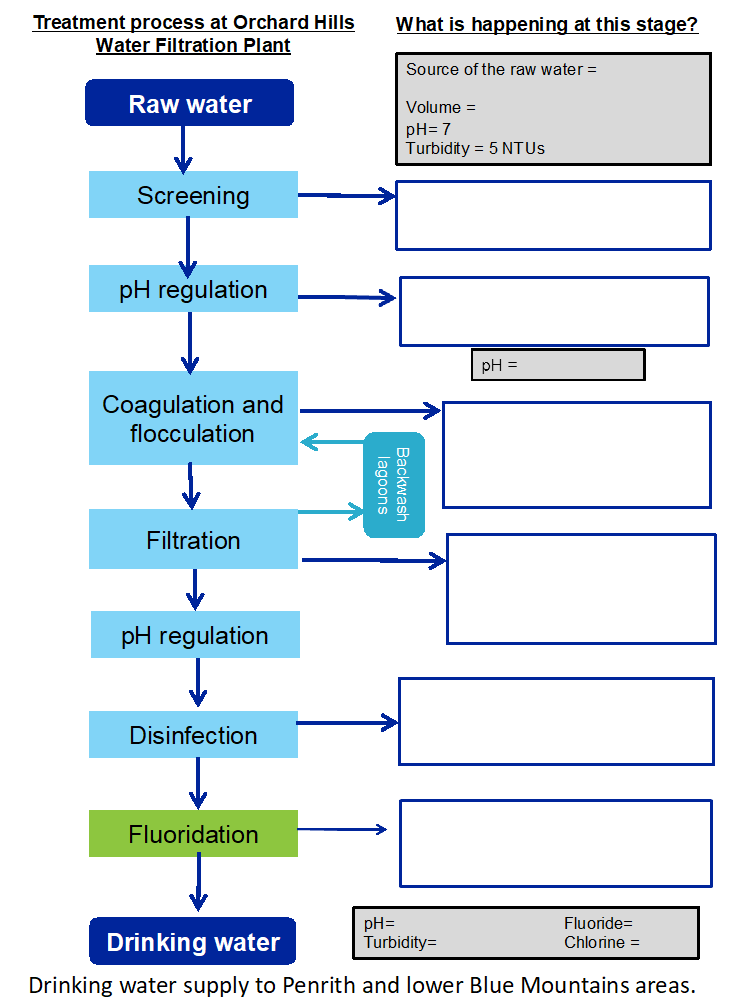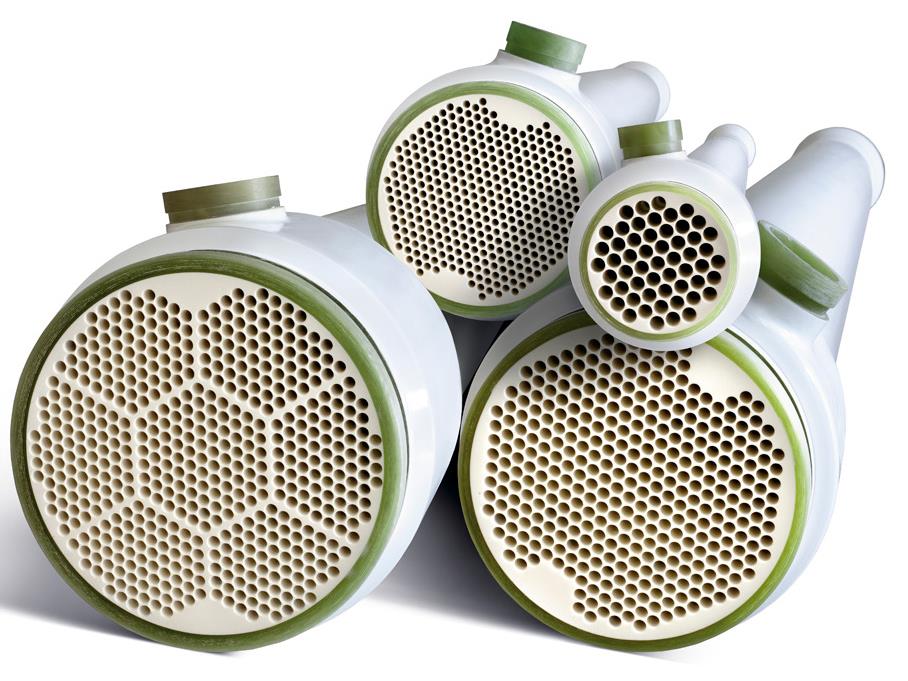The Best Strategy To Use For Whole Home Water Filter And Softener
Table of Contents8 Easy Facts About Whole Home Water Filter And Softener DescribedThings about Whole Home Water Filter And SoftenerGet This Report on Whole Home Water Filter And SoftenerThe Ultimate Guide To Whole Home Water Filter And SoftenerWhat Does Whole Home Water Filter And Softener Mean?3 Simple Techniques For Whole Home Water Filter And Softener
In this blog, we will cover the 4 kinds of water treatment plants, exactly how they function and the several industrial applications of each kind. Allow's obtain started! Kinds Of Water Therapy Plants 1. Wastewater Treatment Plant (WWTP) Wastewater is the water that originates from water utilized in domestic, agricultural, industrial as well as clinical or transport tasks.on the other hand, comes from production, commercial and also industrial activities brought and has a totally various composition than sewer water. Exactly how does it function? The first action in this water treatment plant is that the wastewater drains to the plant with the help of gravity through the main drain system.
In this phase, the water moves via the crushed rock chamber to remove any grit. The water then relocates to the bar displays which eliminate large items.
Whole Home Water Filter And Softener for Beginners
This is after that removed from the storage tank and also disposed of at the dump. Next comes the sedimentation phase, likewise recognized as the key therapy. In this stage, the water streams to the main settling containers, also known as pre-settling containers. These storage tanks have hoppers which are located in the base of the container where water moves via.

This makes it possible for the splitting up of water from the semi-solid sludge, whereas the staying sludge goes through the mechanical procedure once more for dewatering, that is securing as much water from the sludge as feasible. The sludge after that left after the digestion and also dewatering process is full, is finally taken care of in the dump.
How Whole Home Water Filter And Softener can Save You Time, Stress, and Money.
The last action in wastewater treatment is examination. This examination involves examining the contamination level of the water treated and seeing to it it abides with the greatest criteria in order to be launched or reused for residential or industrial purposes. Applications: Many petroleum refineries or petrochemical in addition to chemical industries create a large amount of wastewater and need on-site wastewater therapy plants.
The wastewater here moves with displays and also right into negotiation basins that can secure debris in big quantities. It acts as a pre-treatment as stated above as it happens prior to three even more aggressive stages- main, second and also tertiary therapy. Main Therapy During this stage, the wastewater relocates right into the clarifiers.
It is the design of these containers that result in resolving, that is, the natural strong matter collects at the base of the storage tank while the lighter issue floats to the top coming to be easier for elimination. The raw material that clears up at the bottom is recognized as a main sludge blanket.
6 Easy Facts About Whole Home Water Filter And Softener Described

Secondary Treatment This treatment stage is composed of cardiovascular aeration. When this air flows via the aerators, the tiny holes existing, turn them right into bubbles and they obtain blended with the water column.
This RAS goes back right into the primary explanation tank as well as the microorganisms in it helps in breaking down any type of natural issue in the sewage. Once RAS has totally gone via both the key as well as second explanation basins continually, i. e a number of times, it is developed into waste-activated sludge (WAS) - whole home water filter and softener. The WAS then does not go back to the main explanation container yet rather transfers to the protected storage tanks, additionally recognized as other cardio sludge digesters.
The remaining sludge moves to the dewatering facility that includes dewatering tanks where the plant uses belt presses to press any type of continuing to be water out of the sludge. Tertiary Therapy Tertiary treatment adheres to the process of both main as well as additional processes however likewise on top of that involves mechanical as well as photochemical processes.
The Facts About Whole Home Water Filter And Softener Uncovered
The goal of this is to eliminate as much strong physical matters as possible before sending the effluent for more treatment. Right here chemicals are added to damage down any kind of strong as well as chemical waste.
There are two kinds of resins- one is an anion one while the various other is a cation one. These former materials launch hydroxyl ions which are adversely billed while the cation resins release hydrogen ions that are positively billed. The cation-exchange resins lead to softening of water, the anion-exchange cause the removal of nitrate from wastewater as well as the mix of both the anion and cation exchange eliminates basically every ionic pollutant present in the feed water with a process called deionization.
Applications: Demineralization results in the total elimination of minerals from the water as well as is typically utilized in markets that need water with high levels of purity, for instance- make-up or feed water in high-pressure central heating boilers, the food and also beverage industry, and procedure streams used in the production of electronic devices. They look at these guys are additionally made use of in markets for the generation of steam, power and air conditioning.
Rumored Buzz on Whole Home Water Filter And Softener
Reverse Osmosis (RO) Water Therapy The principle of reverse osmosis (RO) functions on the purification technique that results in the elimination of a multitude of contaminants and also pollutants from wastewater by using pressure to it when it gets on one side of a membrane. Exactly how does it function? This water treatment plant functions by making use sites of a high-pressure pump that boosts the pressure on the salt side of the RO and also requires the water throughout the semipermeable RO membrane (which enables some atoms and also molecules to pass yet not others), leaving practically 95%-99% of liquified salts in the decline stream.